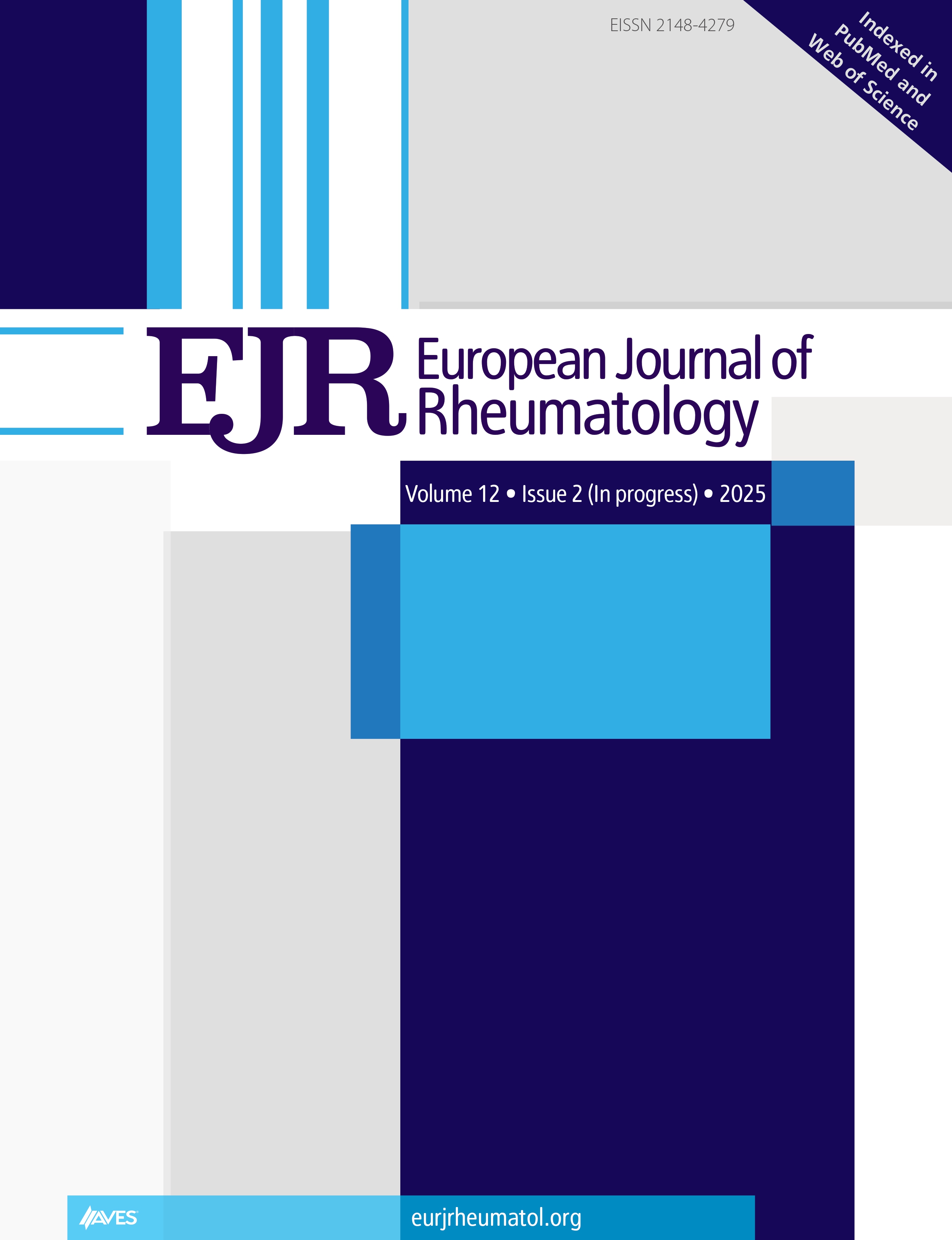Objective: To evaluate the efficacy of colchicine therapy in pediatric patients with PFAPA syndrome who present with an incomplete response to the standard treatment or with frequent episodes (an interval of less than 14 days between two disease flares).
Methods: A multicenter cohort study of children diagnosed with PFAPA syndrome and treated with colchicine was performed in three separate hospitals located in Spain. The patients clinical and laboratory data were reviewed by accessing their medical records. Response to colchicine was evaluated after 12 months of treatment for frequency, duration, and intensity of PFAPA episodes.
Results: A total of 13 children were included in our study, 43% of whom were boys. Median age of the colchicine therapy initiation was 6 years (interquartile range (IQR)=3-9.5). Following a 12-month period of colchicine therapy (median dosage of 0.02 mg/kg/day; IQR=0.02-0.03), a significant decrease in the median number of flares (median 8; IQR=7-14 vs 3; IQR=2-4; p=0.005) and the duration of disease episodes (median 4 days; IQR=3.25-5.125 vs 1 day; IQR=1-2; p=0.003) was observed. Furthermore, the highest degree of fever during disease flares was reduced from median 40ºC (IQR=39.5-40) to 38.5ºC (IQR=37.7-38.9) (p=0.002).
Conclusion: Colchicine therapy decreased the frequency and intensity of PFAPA. The use of colchicine could be an effective treatment in pediatric patients with PFAPA syndrome who present with frequent or severe relapses.
Cite this article as: Quintana-Ortega C, Seoane-Reula E, Fernández L, Camacho M, Olbrich P, Neth O, et al. Colchicine treatment in children with periodic fever, aphthous stomatitis, pharyngitis, and cervical adenitis (PFAPA) syndrome: A multicenter study in Spain. Eur J Rheumatol 2021; 8(2): 73-8.



.png)